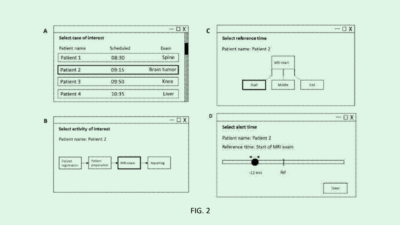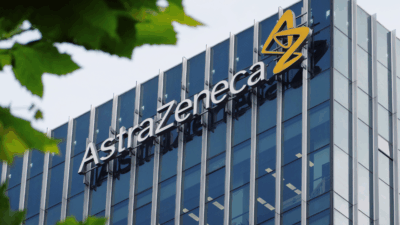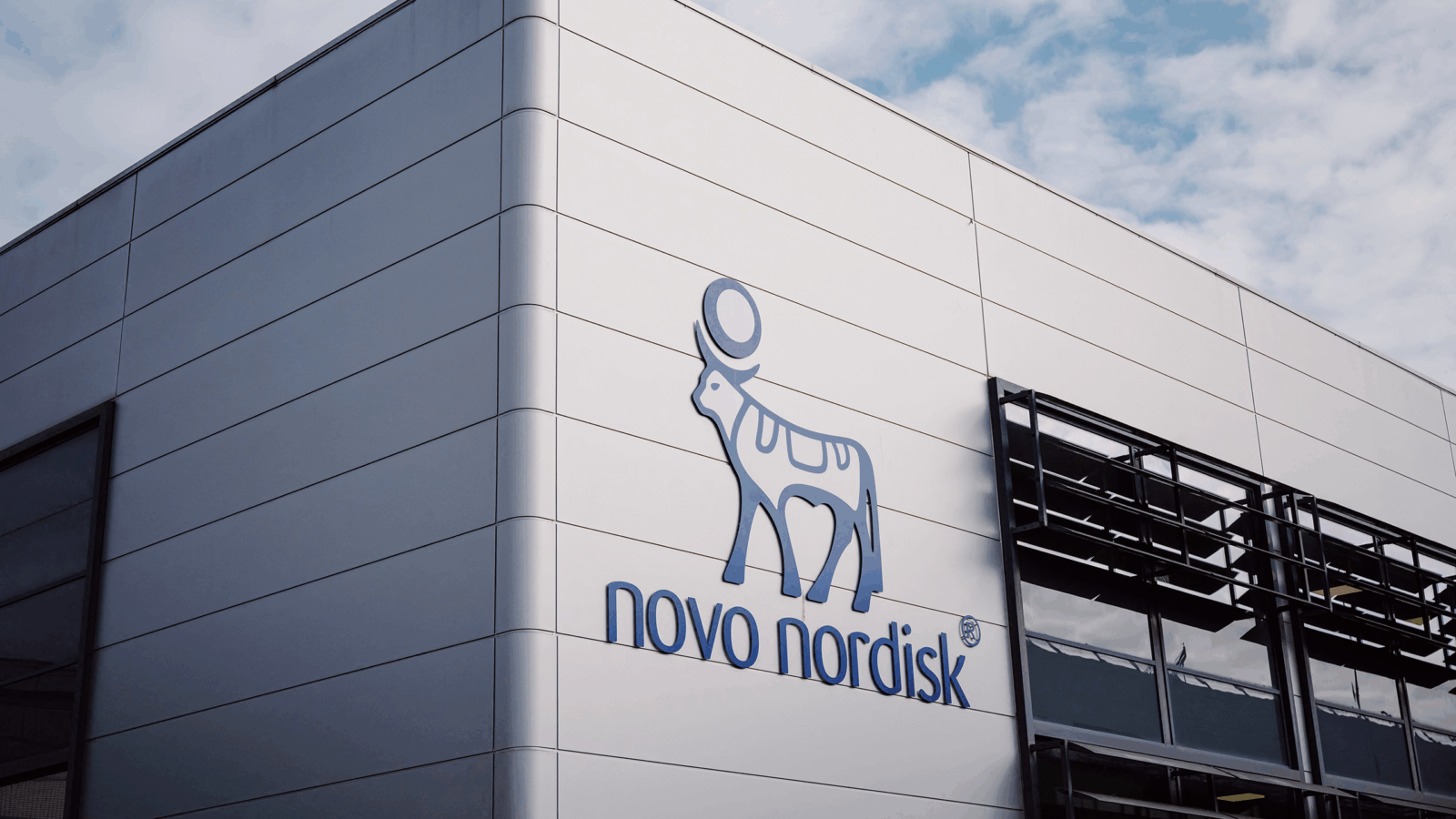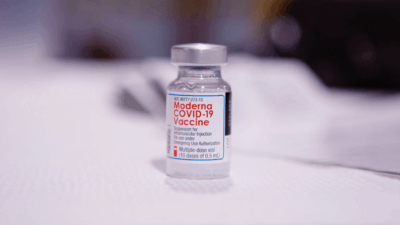Roche Elbows into Weight-Loss Drug Market Via M&A
Roche agreed Monday to acquire anti-obesity drug developer Carmot Therapeutics for an appetizing $3.1 billion.
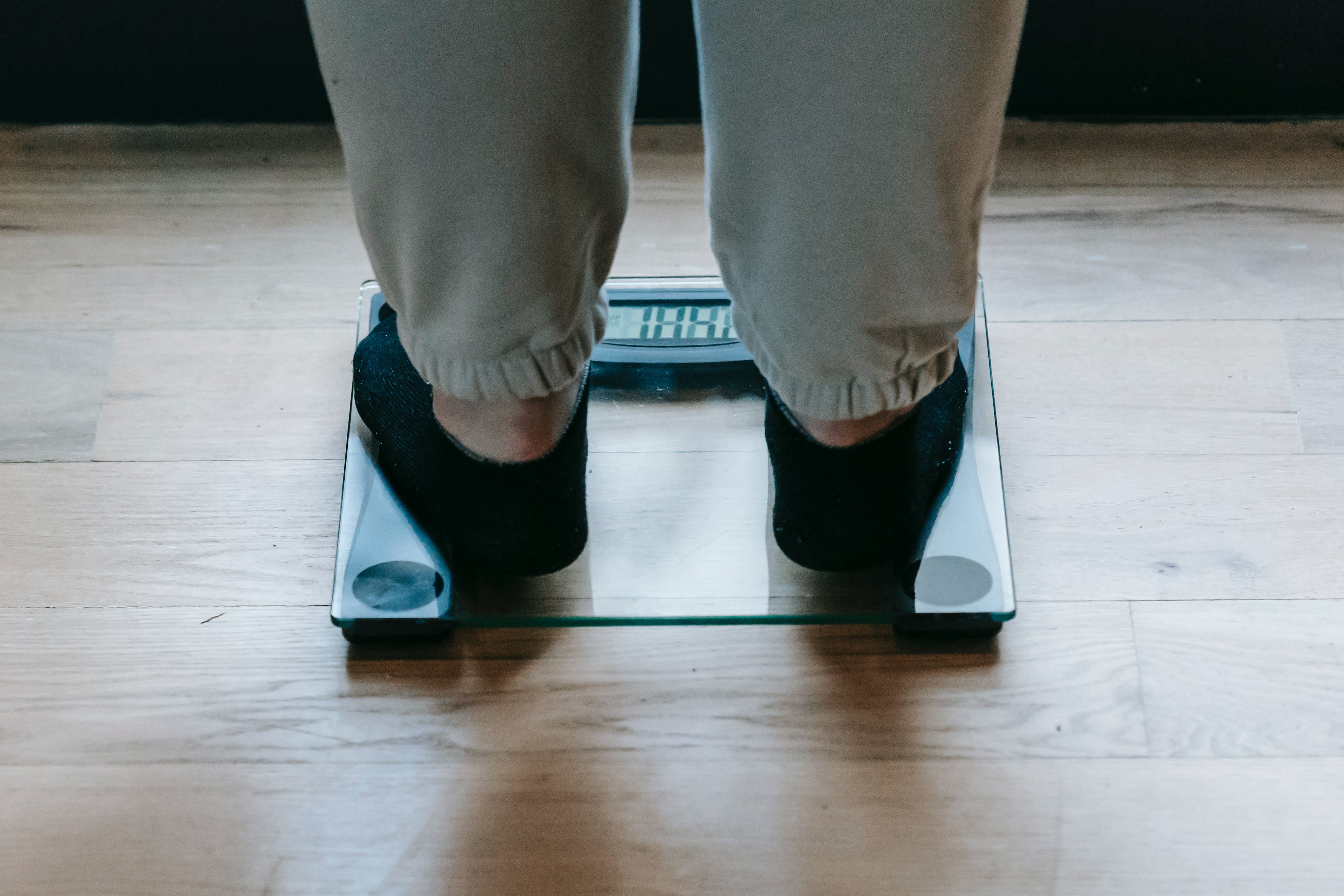
Sign up for smart news, insights, and analysis on the biggest financial stories of the day.
The weight-loss drug market is starting to get a little bloated.
Conducting R&D by way of M&A, Roche agreed Monday to acquire anti-obesity drug developer Carmot Therapeutics for an appetizing $3.1 billion. It’s the latest step in Big Pharma’s race to prevent Novo Nordisk’s Wegovy from gaining a significant first-mover advantage.
Belly Up
Like many pharma deals, Roche’s purchase is more about building a pipeline and investing in potential and less about the present day. Carmot offers a promising development process of several different weight loss drugs, with its lead drug being a weekly injection that’s soon entering the second of three trial phases. That means it’s still years away from a potential public debut, though Roche touted results from Phase 1 testing as displaying the drug’s “best-in-class potential to achieve and maintain weight loss with differentiated efficacy.” That’s in addition to a daily injectable, also soon to conduct a second trial phase, as well as a daily-pill version that’s in Phase 1 trials. Pills tend to generate more excitement in the biotech world given their ease of use compared to injections.
For Carmot, the acquisition is an abrupt change of plan. It filed for an IPO just two weeks ago, intending to raise $100 million to push its drugs through the remaining stages of the development and approval pipelines. Instead, it played little fish to Roche, which built up a treasure trove of capital selling treatments and testing equipment during the pandemic.
Together, the two will chart a course into a rapidly developing competitive landscape:
- The weight-loss drug market is projected to reach $100 billion by the end of the decade, and everyone wants a slice. Last month, AstraZeneca signed a $2 billion licensing deal with Chinese company Eccogene in hopes that the company’s in-development pill version could supplant Novo Nordisk’s popular injections.
- Eli Lilly has seen its market cap soar to over a half-trillion dollars this year en route to bringing weight loss drug Zepbound, approved by the FDA in November, to market. Pfizer, on the other hand, scrapped its own weight loss pill last week following unsuccessful trials, after ditching another candidate earlier this year.
Papa Roche: Analysts at Jefferies called Roche’s Carmot acquisition “in line with [a] strategy to use balance sheet to rejuvenate pipeline depth,” which was depleted by unsuccessful late-stage trials of an Alzheimer’s drug. Roche also just dropped over $7 billion in October to acquire bowel-disease treatment developer Telavant. Carmot, meanwhile, marks something of a do-over for Roche, which years ago tried and failed to develop its own weight loss drug. Money can’t buy you love, but it does buy innovation.

